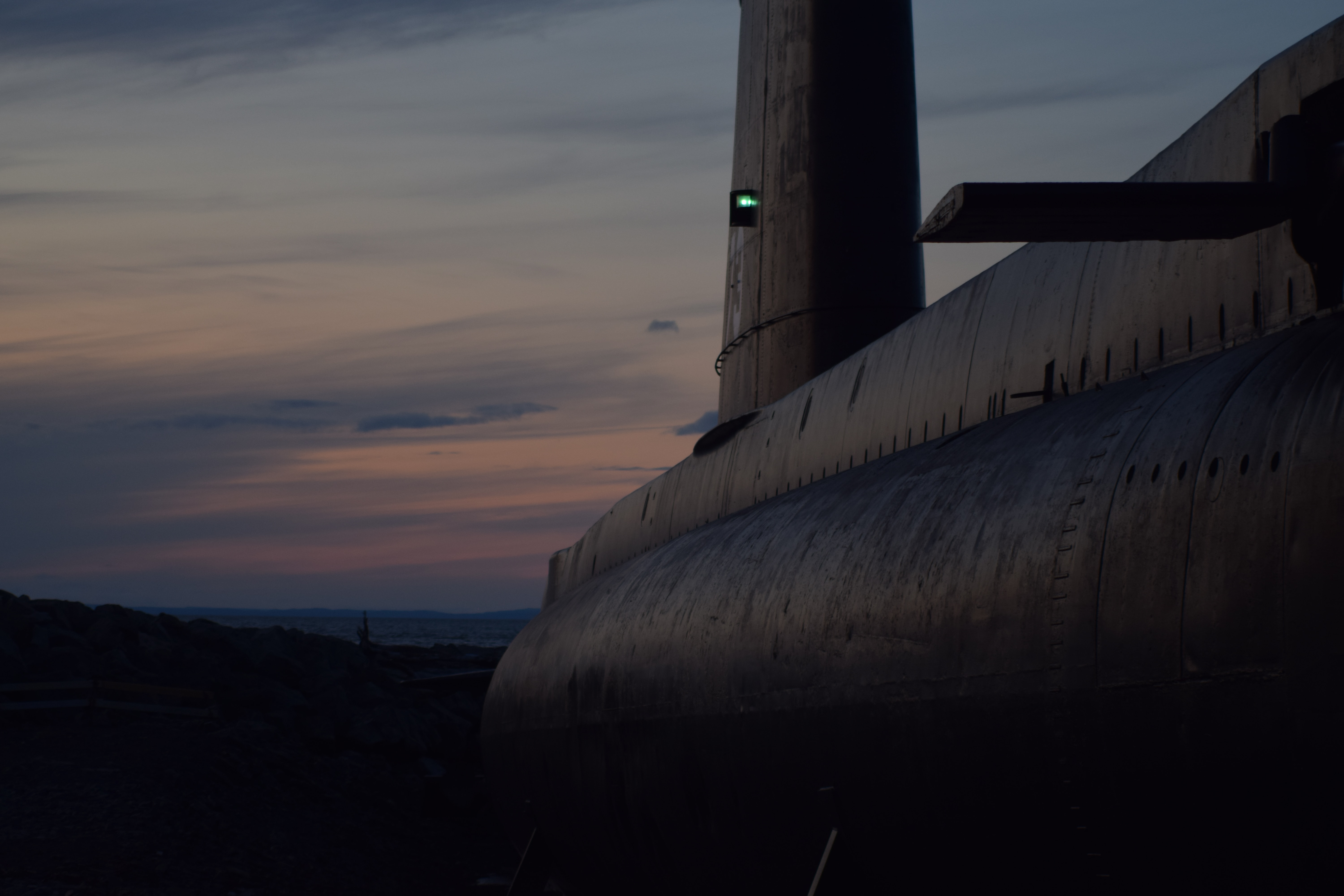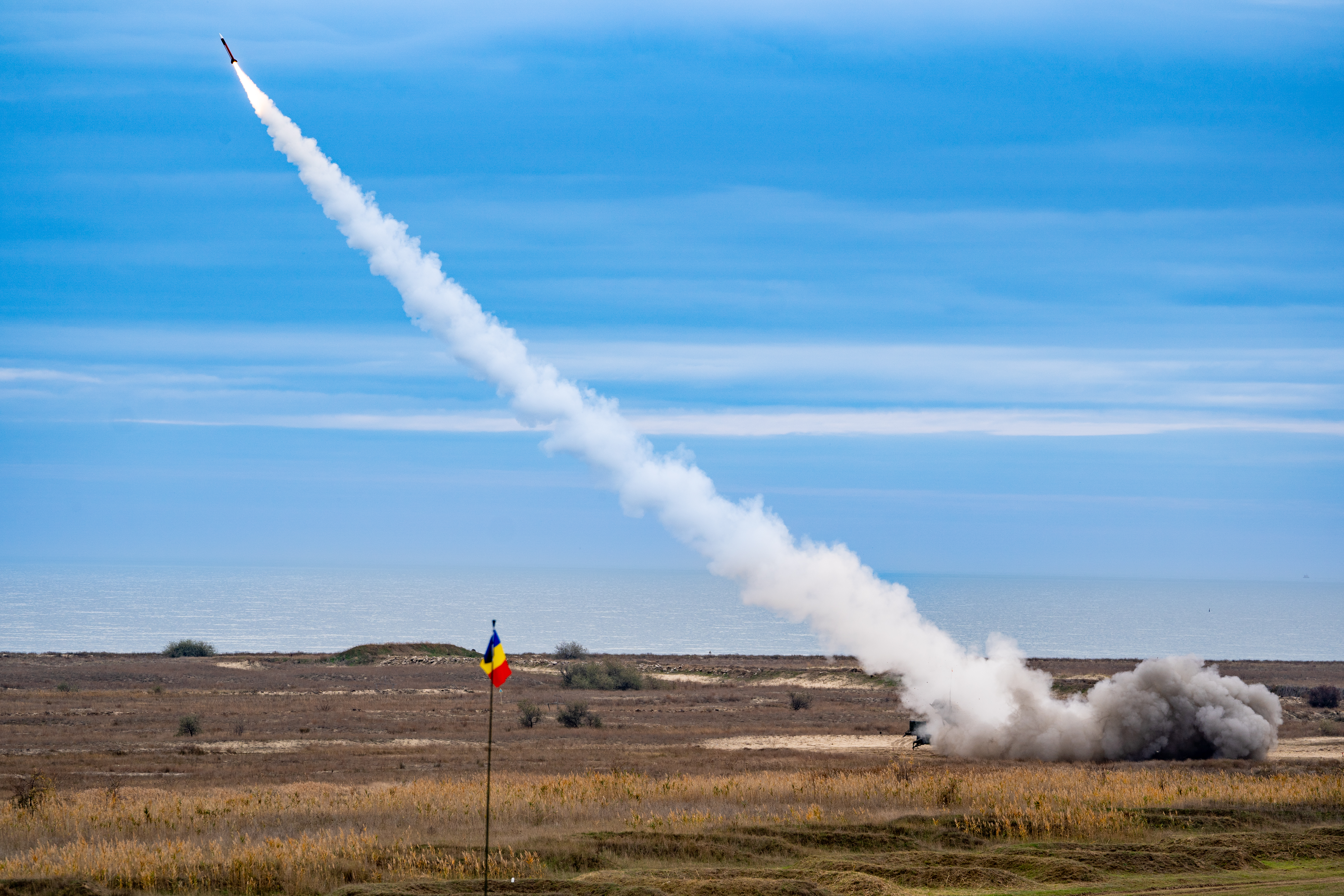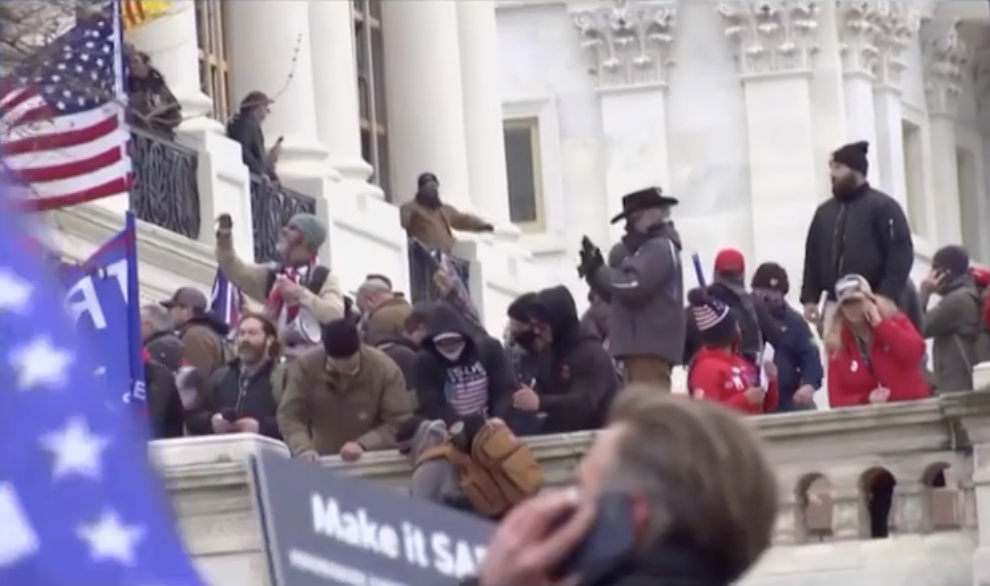The United States is set to station a nuclear-armed submarine in South Korea for the first time since the 1980s. This move is part of a new agreement aimed at reinforcing the US's commitment to safeguard Seoul against increasing nuclear threats from North Korea, according to US officials.
The strategy to temporarily anchor ballistic missile submarines in South Korea highlights an endeavor to make the US deterrence against North Korea's regime more conspicuous, say senior administration officials. The agreement will also involve the US pledging to provide South Korea with an increased role in responding to potential nuclear attacks.
US President Joe Biden and South Korean President Yoon Suk Yeol are expected to announce the new agreement, known as the Washington Declaration, in Washington on Wednesday. However, the declaration will not entail permanent US deployment of nuclear weapons in South Korea, as occurred during the Cold War. Instead, the US will temporarily increase the number of military assets, such as nuclear-armed submarines and bombers, sent to the nation.
Growing numbers of South Koreans are advocating for their government to develop its own nuclear weapons, fueled by concerns that a Washington preoccupied with escalating tensions with China might not protect them in a conflict with North Korea, which possesses nuclear arms. The US opposes this development, which is also prohibited by international treaty.
The new measures are intended to be visible to the Korean public, and the agreement will establish a new framework enabling the Seoul government to have a greater say in crisis responses. In exchange, South Korea will reaffirm its commitment to the Nuclear Nonproliferation Treaty (NPT), which prohibits countries from pursuing nuclear weapons.
North Korea, which is not a signatory to the NPT, has made progress in recent years under Kim Jong Un's leadership in developing its suspected arsenal of around 20 nuclear weapons. Earlier this month, North Korea tested its first solid-fuel intercontinental ballistic missile, marking a significant step forward in its efforts to build a nuclear arsenal that is harder to detect and capable of threatening anywhere in the continental US.
US and South Korean officials also suggest that North Korea is preparing for its seventh nuclear test, which would be its first since 2017.
President Yoon, who was elected last year, is in Washington for a six-day state visit as the US and South Korea commemorate the 70th anniversary of their alliance, which originated at the end of the Korean War. Yoon and Biden will hold a summit on Wednesday, and Yoon will address a joint meeting of Congress on Thursday.
Yoon's visit marks the first US state visit by a South Korean leader in 12 years and the first by an Indo-Pacific leader during Biden's administration, which is increasingly focused on the strategically important region in an effort to counter growing Chinese influence.










